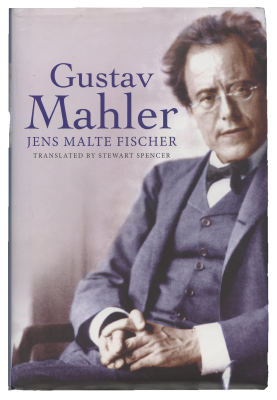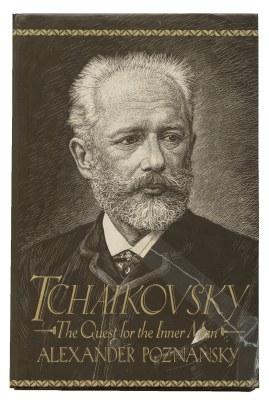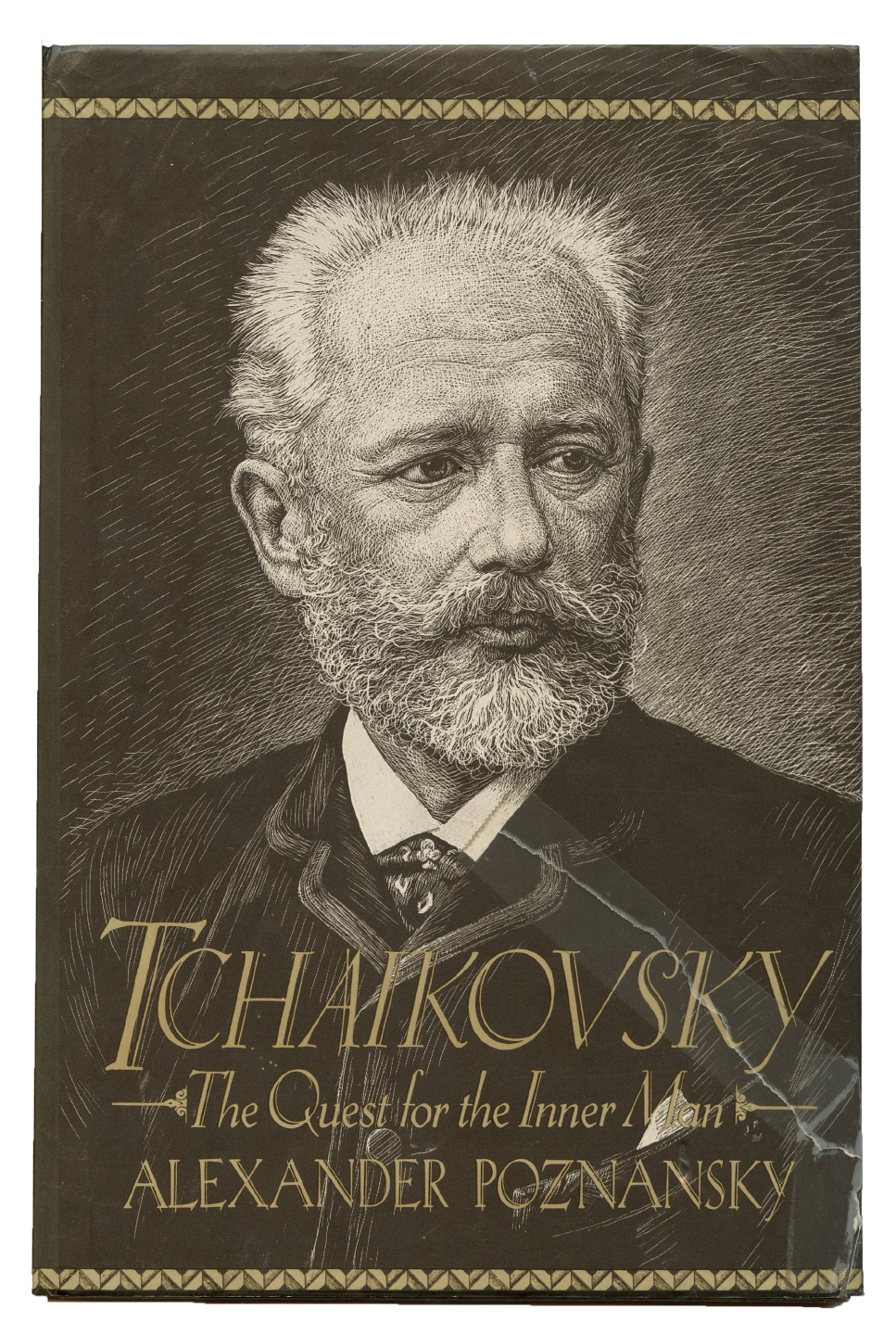Music
In addition to biographies of military and business leaders, Burns read about the lives of prominent musicians: “These gave me many hours of enjoyable and enlightening reading, and helped enhance my appreciation of classical music as I learned the history behind the great symphonies of Tchaikovsky, Mahler, and Beethoven.”
“Idealistic, fantastic, grotesque, violent, tender, sarcastic, confrontational, confessional, the symphonies of Gustav Mahler are among the most profoundly autobiographical of all composed music,” writes John Adams in a New York Times review of Jens Malte Fischer’s biography of the Austrian late-Romantic composer and conductor Gustav Mahler (1860-1911). Mahler himself said that he wrote everything he experienced and endured into his symphonies, “in my own blood.”
The same might be said of Pyotr Ilyich Tchaikovsky (1840-1893), although direct evidence was limited until recent years by the withholding or bowdlerizing of his letters and diaries by family members and Soviet censors who tried to suppress the composer’s homosexuality and perpetuate the myth of his suicide. In his 1991 biography, Tchaikovsky: The Quest for the Inner Man, Alexander Poznansky had to conjecture about elements of Tchaikovsky’s personal life that he was only later able to prove. Following the dissolution of the Soviet Union that year, researchers gained fuller access to the Tchaikovsky archives in Klin. “It was most the gratifying experience of my life as a scholar, and my years of research finally came fully to fruition,” commented Poznansky, a librarian at Yale.

Jens Malte Fischer, Gustav Mahler (New Haven: Yale University Press, 2011). ML410.M23F45 2011



